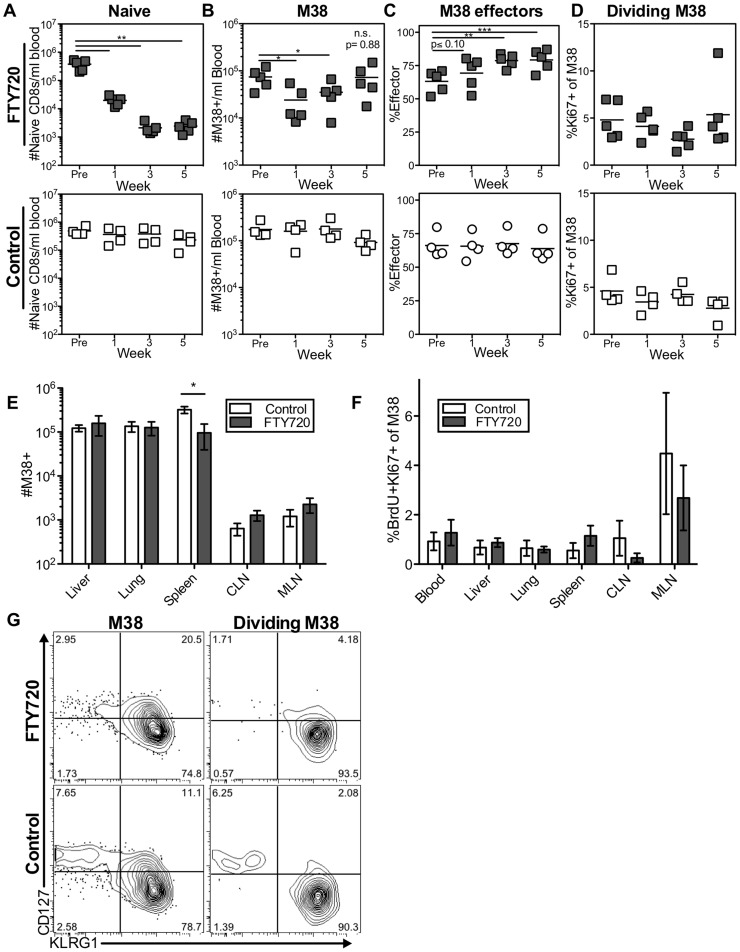Figure 4. Long-term FTY720 treatment does not alter the maintenance of memory inflation.
Mice infected with K181 MCMV for more than 3 months were treated with FTY720 in their drinking water for five weeks. Mice were injected with BrdU 16(A–D) The M38-specific T cell population is stable in the blood of mice during prolonged FTY720 treatment. Shown is (A) the number of naïve CD8s per milliliter of blood, (B) the number of M38-specific CD8s per milliliter of blood, (C) the percentage of blood-localized M38-specific CD8s expressing the effector phenotype (KLRG1pos, CD127low), and (D) the frequency of Ki67-positive M38-specific CD8s in the blood before and during the time course in treated mice (top) and controls (bottom). (E–G) Prolonged FTY720 treatment does not alter the number, division, or phenotype of dividing M38-specific T cells associated with the organs. Shown are (E) the absolute numbers of M38-specific CD8s and (F) the frequency of M38-specific T cells that were Ki67-positive and labeled with BrdU in control (white) and FTY720 treated (grey) mice. The representative FACS plots (G) show the KLRG1 and CD127 expression of M38-specific T cells (left panels) and dividing Ki67-positive M38-specific population (right panels) in the blood of FTY720 treated (top panels) and control mice (bottom panels) at the end of the treatment period. In all cases, error bars represent the standard error of the mean (n = 5 per group). Statistical significance was measured by paired (A–D) and unpaired (E–F) student's t-tests (*p<.05, **p<.01, ***p<.001).

